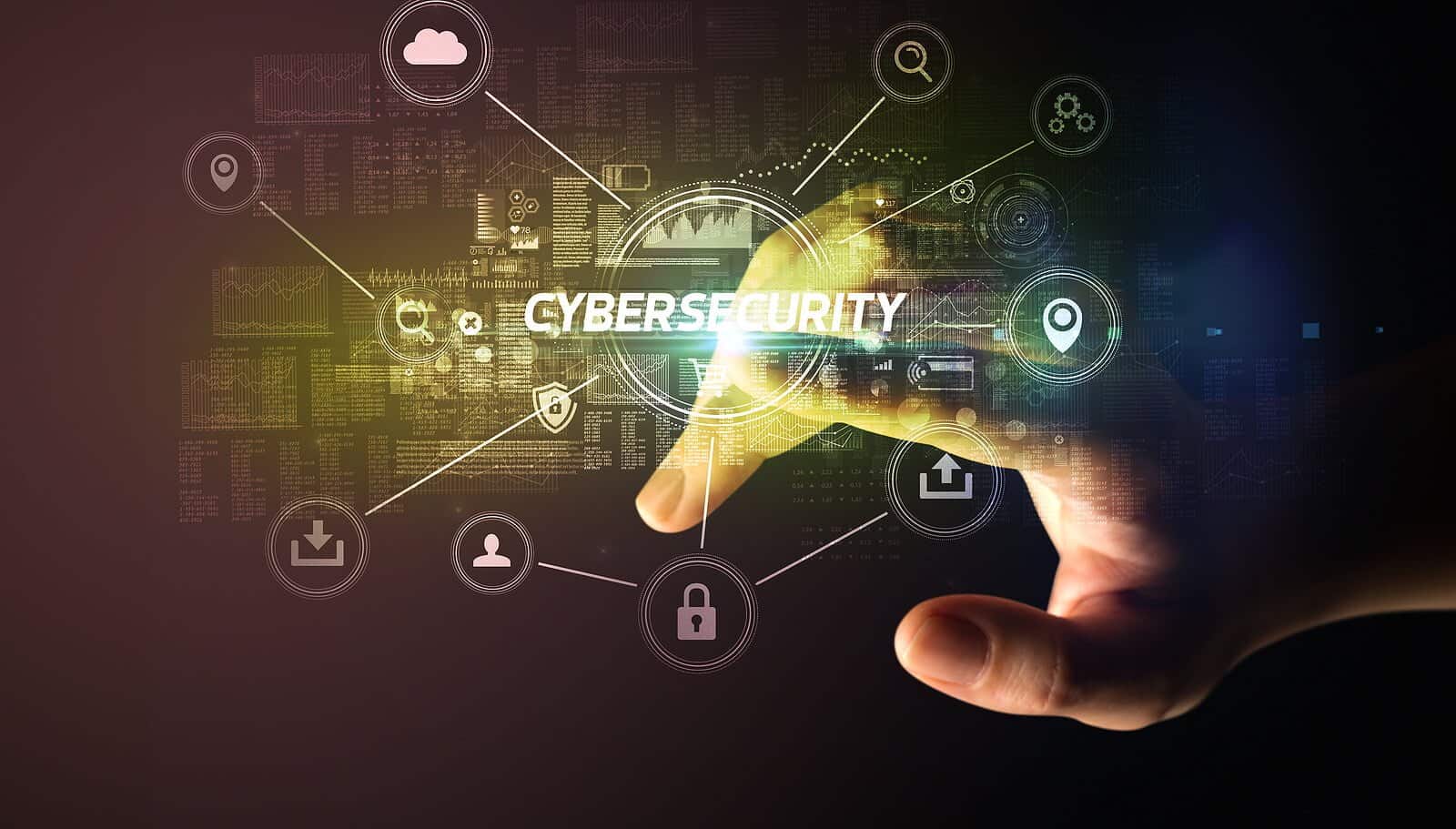AI will play a significant role in the next generation of cybersecurity. This is a critical area of focus and opportunity, but it’s also extremely challenging to develop AI solutions that can keep pace with evolving threats. As the internet…
AI will play a significant role in the next generation of cybersecurity. This is a critical area of focus and opportunity, but it’s also extremely challenging to develop AI solutions that can keep pace with evolving threats. As the internet continues to grow, the threats we face become more complex and unpredictable. However, there is a solution to our cybersecurity woes right under our noses.
Cybersecurity has never been more important than it is today. Businesses must protect their data and the people who use it, and hackers continue to increase their efforts to steal information. While the cybersecurity industry has progressed, we’re not close to having the necessary solutions. But there is a silver lining.
Cybersecurity will continue to improve over time, and the way we approach security needs to evolve. We have to start thinking about security as constantly changing, and the only way to do that is through Artificial Intelligence (AI).

How AI will change cybersecurity
Artificial Intelligence is poised to have a profound impact on cybersecurity. It’s already having an effect, but the result is often overlooked. AI is helping security teams fight against malware, protect data, and respond to cyber attacks in real-time. AI has become a core part of the modern cybersecurity toolbox. The tools themselves are improving as well. Some companies are even offering AI-based cybersecurity solutions for small businesses, which can help them avoid costly security breaches.
What are the benefits of using AI in cybersecurity?
While many believe that cybersecurity and artificial intelligence go hand-in-hand, this is far from the truth. AI can assist with many aspects of cybersecurity, but it isn’t a cure-all. However, it is incredibly useful for security experts and businesses. Here are just a few reasons why AI can be used to protect your data.
How to stay ahead of the AI curve
We’re quickly approaching a time when AI will be a huge part of everyday life. This has created a huge business opportunity, as AI offers unique advantages such as automated customer service, faster product development, and increased efficiency.
How do we stay ahead of the curve?
To stay ahead of the curve, you need to stay informed. Keep up with AI news, read research articles, and take classes to learn more. You can learn much from the World Economic Forum’s Global Risks Report, the International Data Corporation’s 2018 World Digital Report, and the Gartner Hype Cycle for Emerging Technologies.
How to protect against the next cyberattack
The threat landscape is becoming increasingly complex. There are thousands of different types of cyberattacks, each with a unique way of attacking a system. It’s becoming easier for hackers to break into systems. Hackers are using machine learning to automate attacks and bypass security measures, so it’s important to stay ahead of the curve.
Fortunately, there is a solution to all this. It’s not a magical fix that makes everything okay, but it does give us a chance to protect ourselves from the next attack. We must learn to think differently about cybersecurity. In the past, we focused on making the web safer, but now it’s time to focus on making the internet more secure.
What is AI, and how does it work
AI is an artificial intelligence technology that mimics human cognitive abilities. It’s used by computer programs to mimic human-like decision-making processes.
It’s no surprise that the internet is rapidly advancing and becoming more intelligent. We’ve already seen the birth of smart assistants like Siri, Alexa, and Google Assistant. But with the advent of AI, we may be entering a new era.
Imagine if you could automate tasks or even replace a human workforce with AI. This can lead to big changes in the world of business. For example, a company can create an AI chatbot to handle customer service, or a self-driving car can take a driver’s job.
Frequently Asked Questions Cybersecurity
Q: What are some cybersecurity tips you have for users?
A: For users, one of the first things I recommend is to stay safe online and offline. I think it’s important for everyone to know how to protect themselves from becoming victims of scams and fraud.
Q: What are some cybersecurity tips you have for IT security professionals?
A: The cybersecurity industry is in constant evolution. One of the most important things for anyone working in cybersecurity is to keep learning. I encourage all cybersecurity professionals to continue learning and stay ahead of trends and technologies.
Q: How can cybersecurity professionals use AI to enhance security?
A: The answer is simple: Artificial Intelligence will help us stay one step ahead of cybercriminals by providing new and better ways to detect, prevent and respond to security threats.
Q: What are some important security considerations for using AI?
A: The first consideration is that artificial intelligence is a tool, not a solution. We must continue to develop the best, most reliable technologies, tools, and methods, while always keeping our eyes on the big picture and ensuring that we make decisions based on sound security principles.
Top 4 Myths About Cybersecurity
1. The cybersecurity industry needs to collaborate more with academia.
2. The cybersecurity industry needs to be proactive and not reactive.
3. The cybersecurity industry needs to be better funded.
4. The future of cybersecurity will be artificial intelligence and machine learning.
Conclusion
While we can’t predict the future, I think that AI and machine learning will become increasingly important for cybersecurity. We already see the impact that automation and automation tools have had in our day-to-day lives. We’ve noticed that automation tools have become such a big part of our daily lives that we’ve developed an addiction to them. And while I think that this is a good thing, it does mean that we must be cautious about how we design these tools. This includes how we approach AI and ML and train and apply AI models. For example, we need to ensure that the data we are feeding into these models are of the best quality and that we are using the best algorithms to train our models.
Popular
-

is your computer giving you eye strain? 15 tips for healthy eyes
If you work in an office, there’s a good hazard…
1977 0 -

MAC protests Hong Kong denial of teachers
Taipei, Dec. 16 (CNA) Taiwan’s Mainland Affairs Council (MAC) lodged…
2189 0 -

What Was the First Life on Earth?
Earth is set four.5 billion years antique, however the oldest…
2235 0 -

3 Simple Do It Yourself SEO Tips
Although seo (search engine optimization) can be very aggressive depending…
1961 0 -

Top Reasons and Prevention Tips for Data Loss
Everything you see and hear today on the internet is…
1132 0
Latest News
Every day, numerous groups send me emails, looking to rent a seo professional to assist them with their commercial enterprise…





















